
Africa is the ultimate ‘red pill.’ Fundamental facts and basic truths lying just under a thin surface of dusty terrain are easily laid bare because they are not hidden under thick concrete layers of distortions and lies repeated over and over.
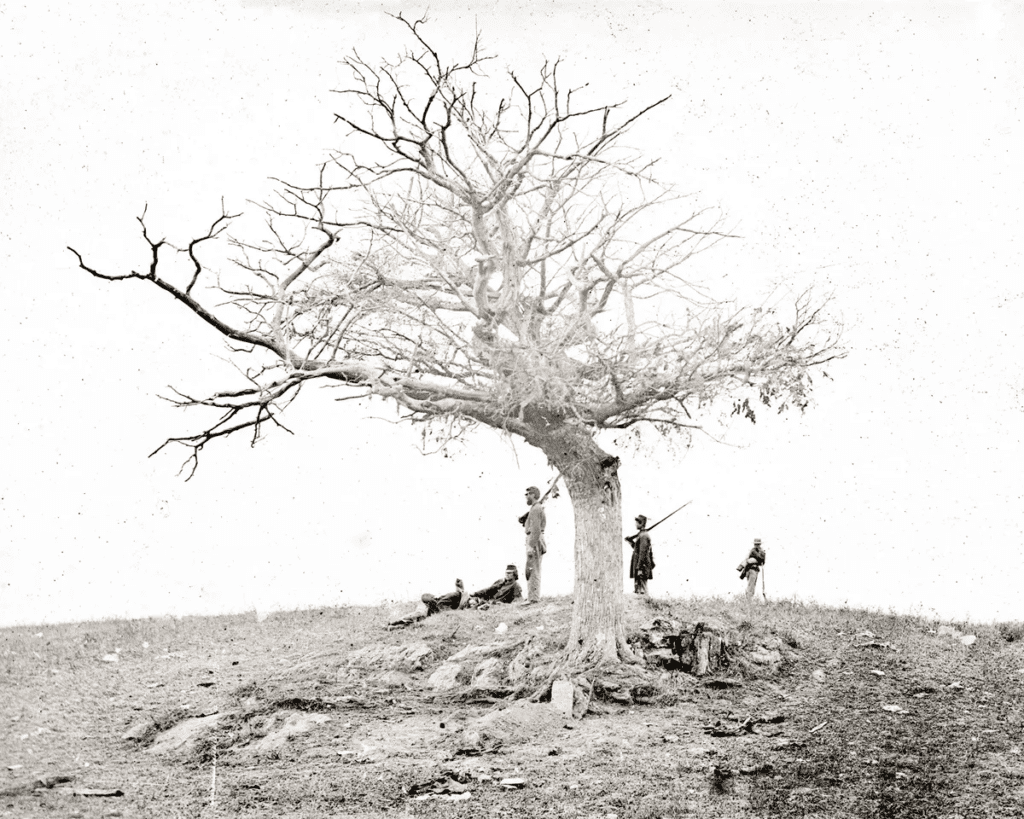
Opening our hearts to contemplating the battlefield’s significance causes us to consider what we owe our people and our nation—generations dead, living, and unborn—and particularly to those whose remains now build up the very soil we stand on.
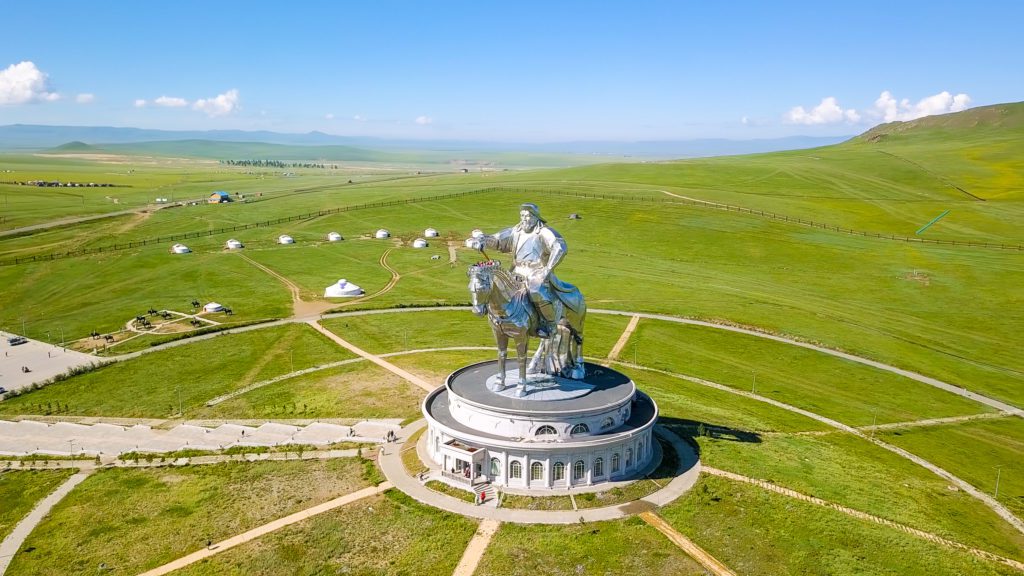
The fruits of conquest—even when sown by a vicious desire for profit or punishment—can, in time, be conquered by the conquered, turned to the advantage of a besieged people. The debt of European modernity to Mongolian expansion illustrates this.
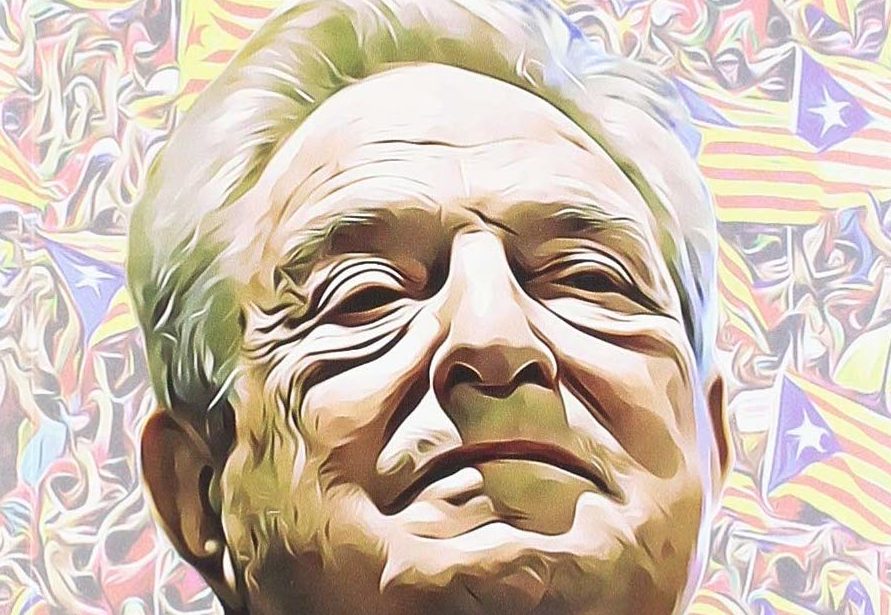
University professor Antonio de Castro mapped a network of foreign entities he saw as responsible for promoting Catalan separatism, with factions within the establishment foreign super powers weakening Spain to further their interests.
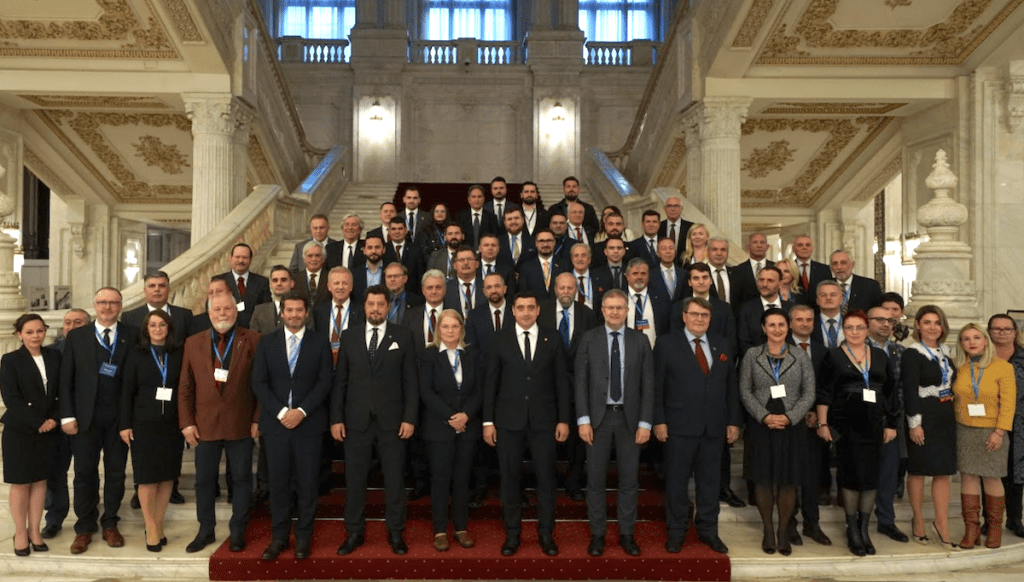
“Our Europe and the way we see the world focuses on freedom—cultural, social, religious—while the Europe of Brussels bureaucrats means only restrictions and totalitarianism.”
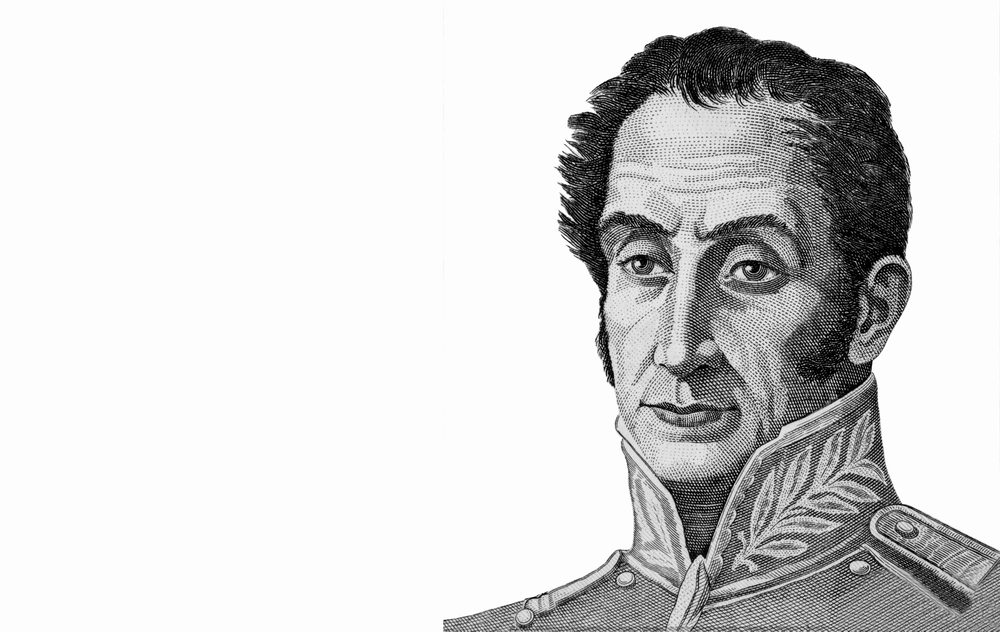
Bolivar is part of Latin American identity, but in order to transcend the limits of his legacy, he must be understood as the repentant revolutionary that he was. Were he a hero, he would be a tragic one.
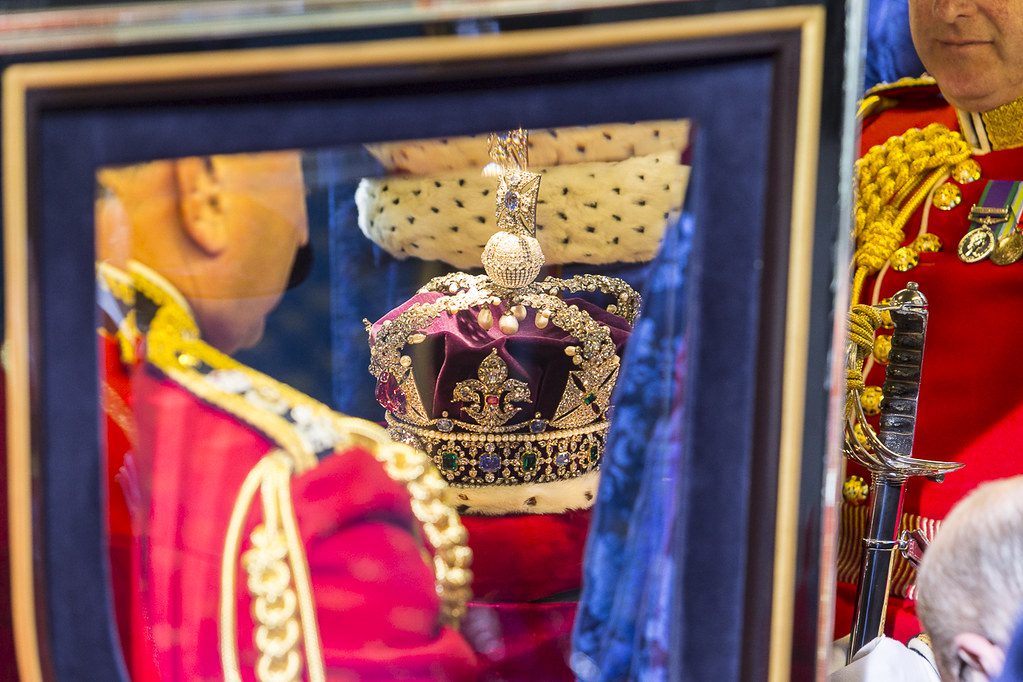
Politicians come and go, but the monarch provides continuity in the life of a nation that looks beyond the moment.

The normality of the attendees can perhaps be described by the self-defined “common sense” approach of the party, coupled with broad policies rather than a one-trick-pony approach often associated with marginal parties.
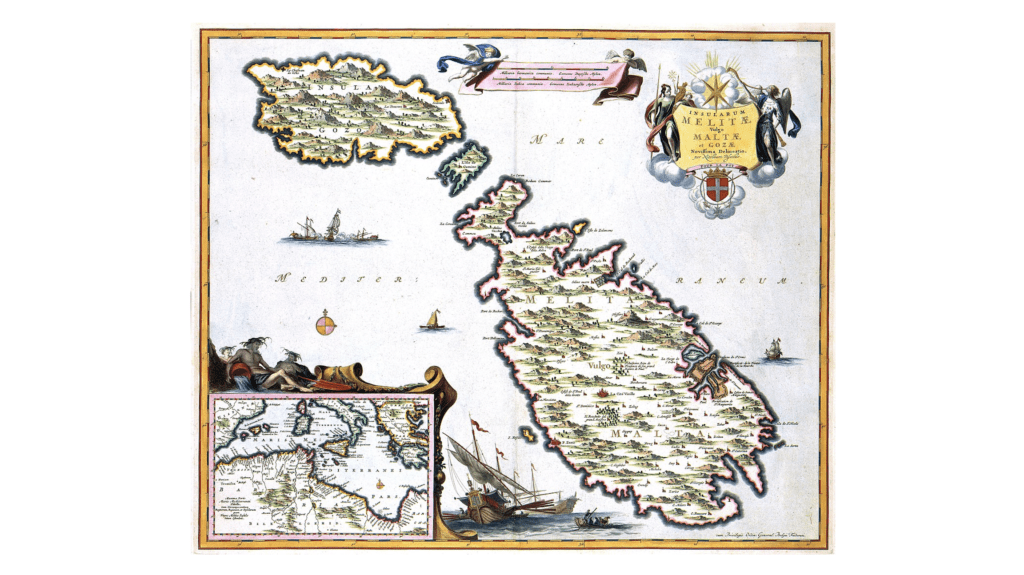
A people do not become a nation—however tiny and insignificant a nation—until they possess a literature; just as a man becomes a man only when he reveals his personality through speech.

Whilst I’m reluctant to trivialise the many mental health illnesses and anxieties that modern people claim, I suspect that much of their emotional confusion is just what everyone normally feels. The difference being, however, that the young modern was told that such feelings had been—or would be with the next cultural revolution—banished by Progress.
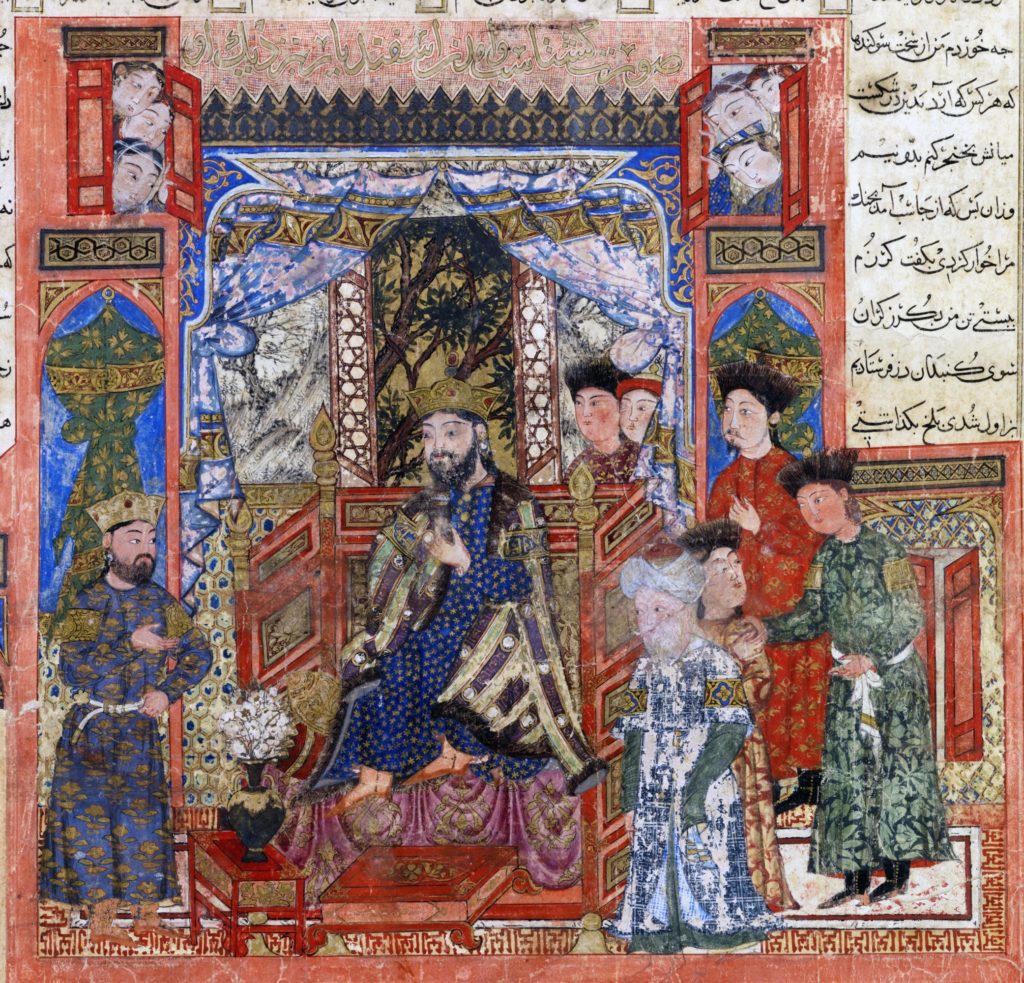
It was with Kublai Khan that the Mongol experiment would find its highest expression. He neither replaced nor remained apart from Chinese culture; he made it the center of his political project and offered China a national state.

“The fact that the Holy See does not explain the sanction is deplorable,” a local priest described as a “staunch traditionalist” said. “But to say that it comes from nowhere is a lie.”
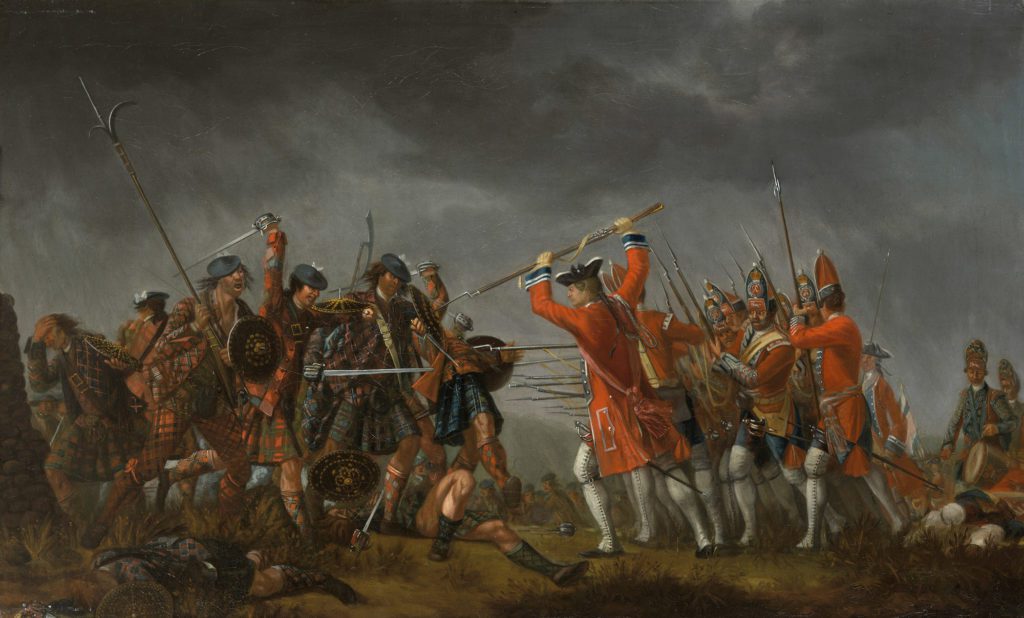
Every revolution begins with just one man. So does every counter-revolution. All of our many foes have taken that lesson to heart. We have not. And unless we demand total victory, as they do, all we’ll get is more lumps.
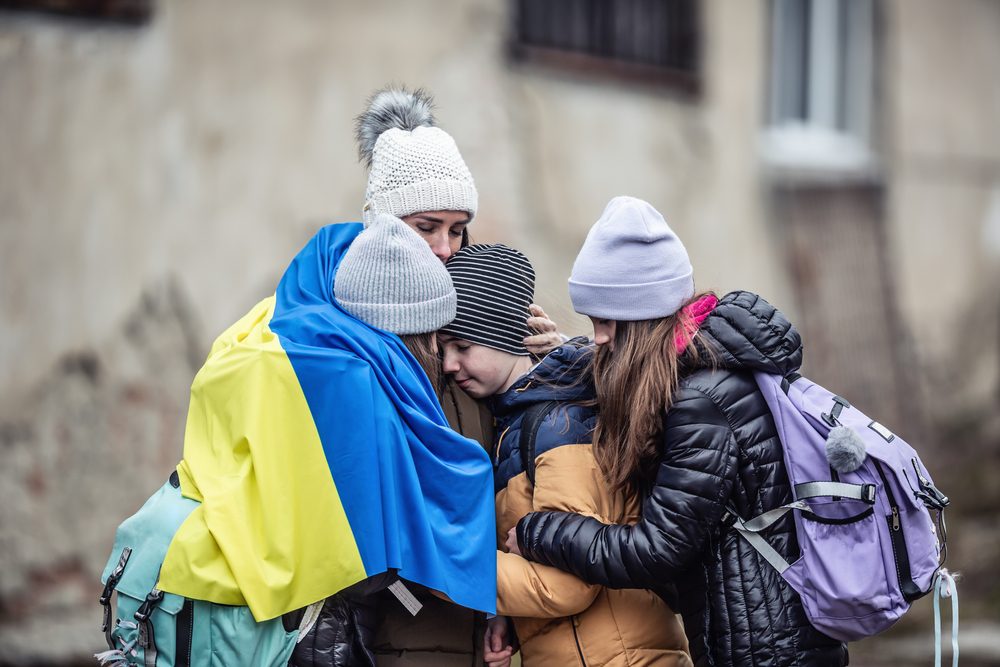
Will a renewed influx of Ukrainians, especially amid the ongoing fallout of Hungary’s energy crisis, test the limits of the Magyars’ generosity?
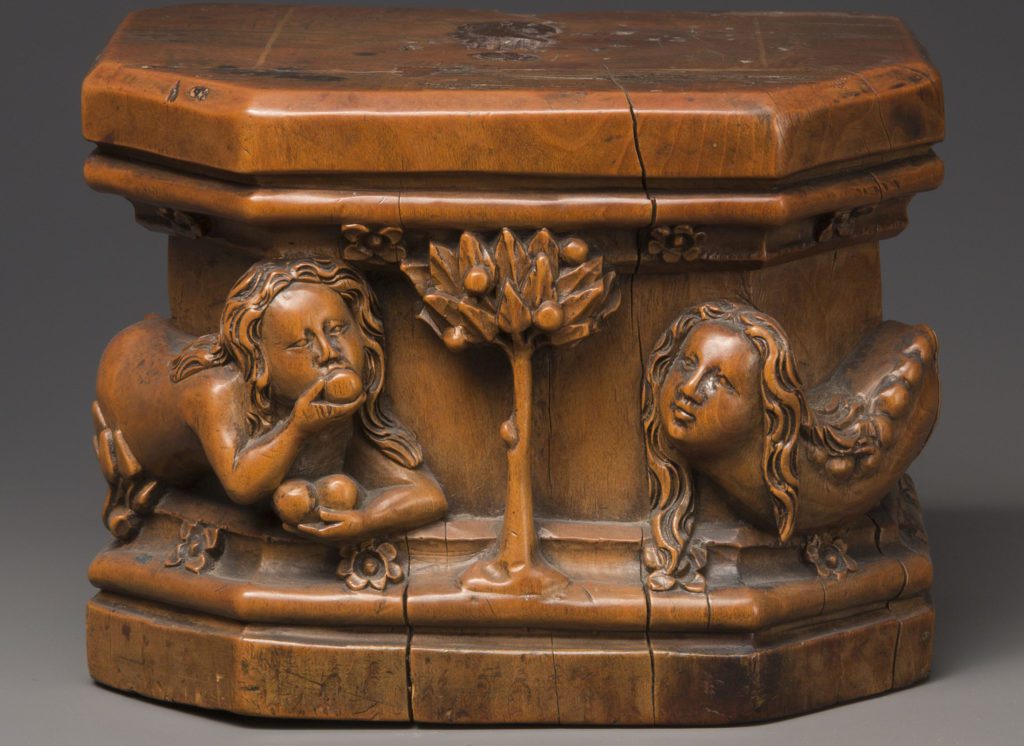
To apply to myth the reigning science of the day, in an attempt to transform it into a factual chronicle of human affairs, means inevitably to mangle what is most intrinsic to myth: its kaleidoscopic abundance, its playfulness, its immeasurable depth.

Intellectual adventure is not available to bees, who simply do as they do in obedience to their limited nature. The hive may be a place of cohesion, but it contains no libraries, paintings, or statues to heroic bees of the past. Human life without the humanities would be much the same: cut off from our roots, deprived of meditation, and locked in an eternal now. The cult of relevance makes prisoners of us all.

The enemy advocates for a borderless world, free of family loyalty, religion, identity—anything that might obstruct a pliable global marketplace.
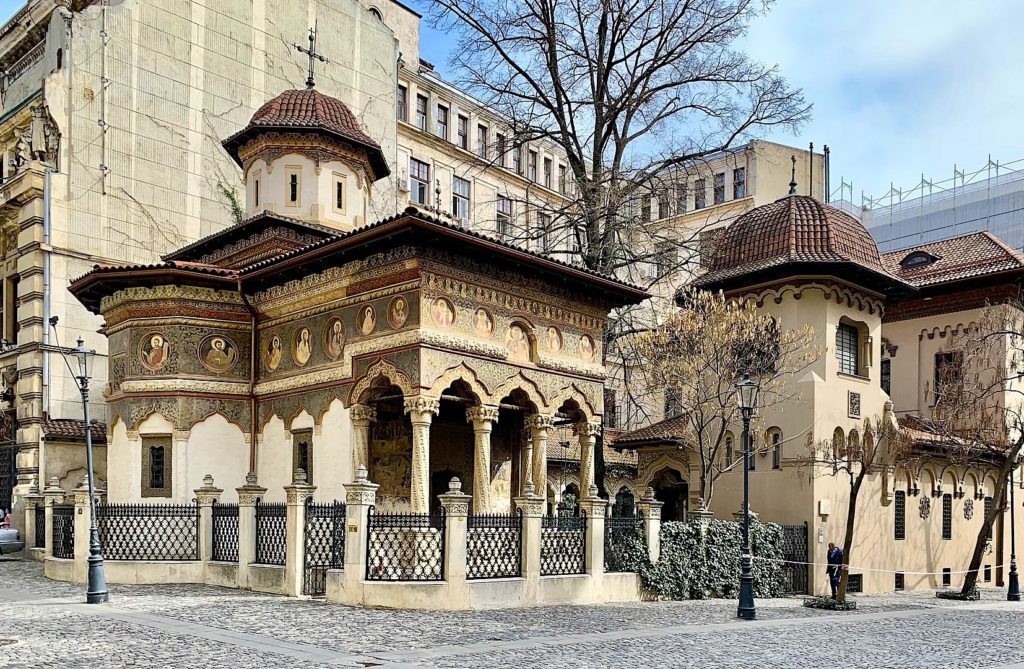
Streets in Bucharest are lined with decaying neo-Brâncovenesc buildings. Instead of restoration, city-planners are heaping rubbish upon rubbish, building the same junk that has ruined cities from one end of Europe to the other.

A realm grotesquely mimicking our own; a vale of psychic parasitism just beneath the surface. We consider the meaning of uncanny inversion in horror stories.

Locals have pulled back the curtain on the false promises of wind and solar, telling the dirty secrets of supposedly clean and green energy, and doing their best to form a democratic shield against technocrats and capitalists from Madrid to Brussels.
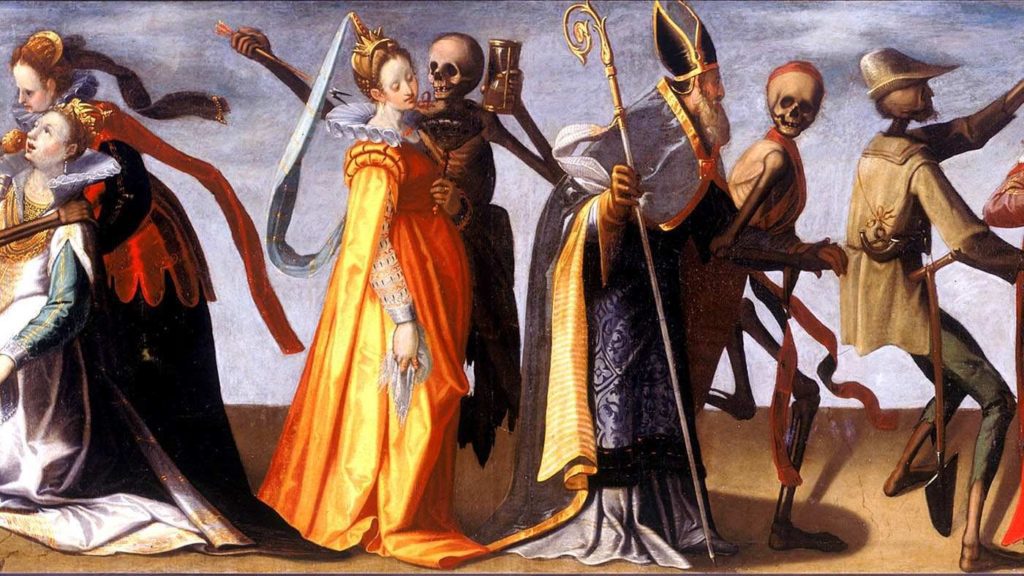
Sadly, most Christians and conservatives have forgotten the distinction between the macabre and the morbid. I believe that this is regrettable, because a small dose of the macabre—such as Christians used to take at Hallowe’en—is a potent tonic against the delusions of late modern liberalism and their disastrous effects.
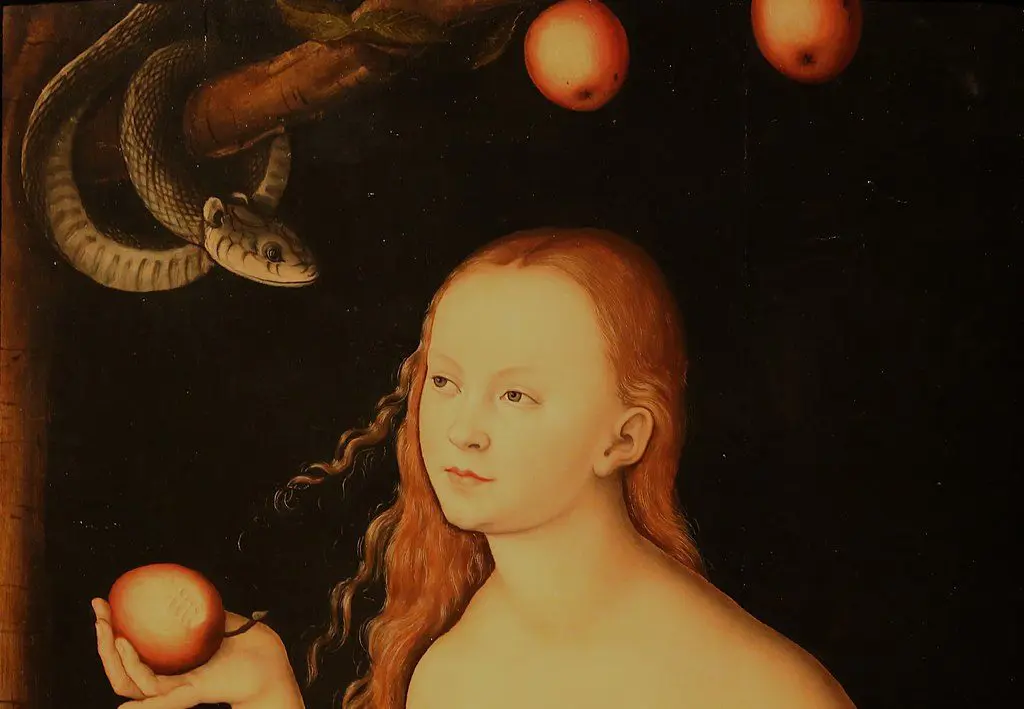
The picking of the apple in Eden was not a proper use of freedom but the contrary—an action that submitted reason and will to a higher power that does not have mankind’s best interest in mind.
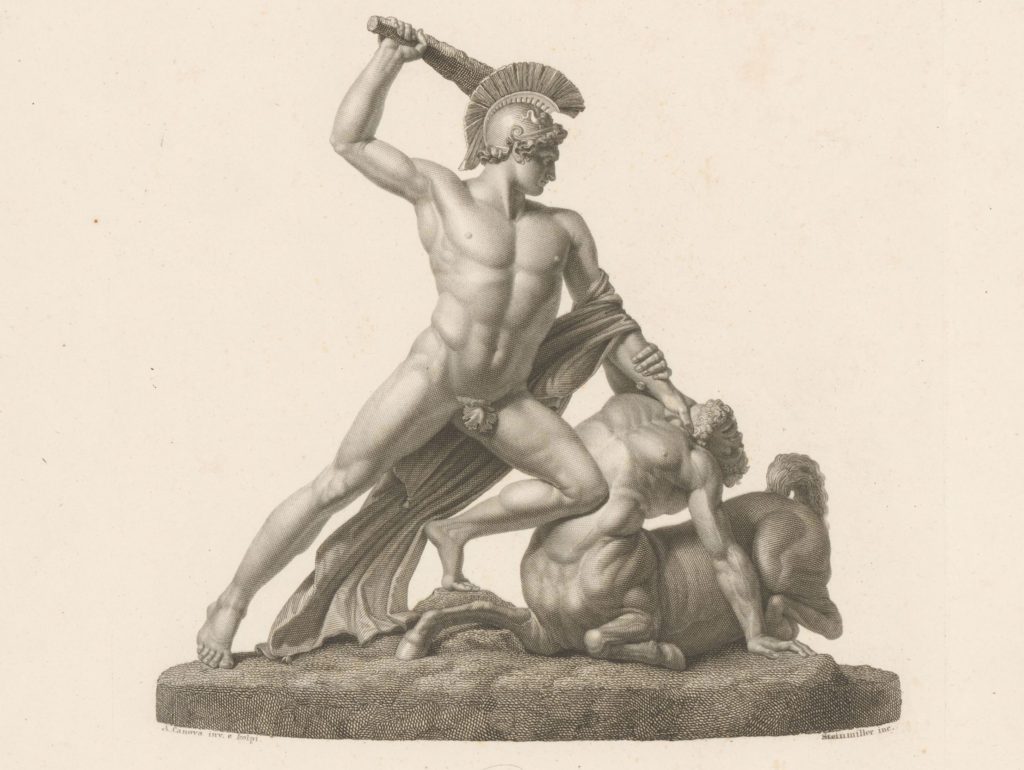
Names are important, and the name ‘conservative’ is important if we are not to forget who we are and what we strive for. Conservatives are not merely reactionaries. We affirm something. We affirm our civilisation and we want to conserve it.
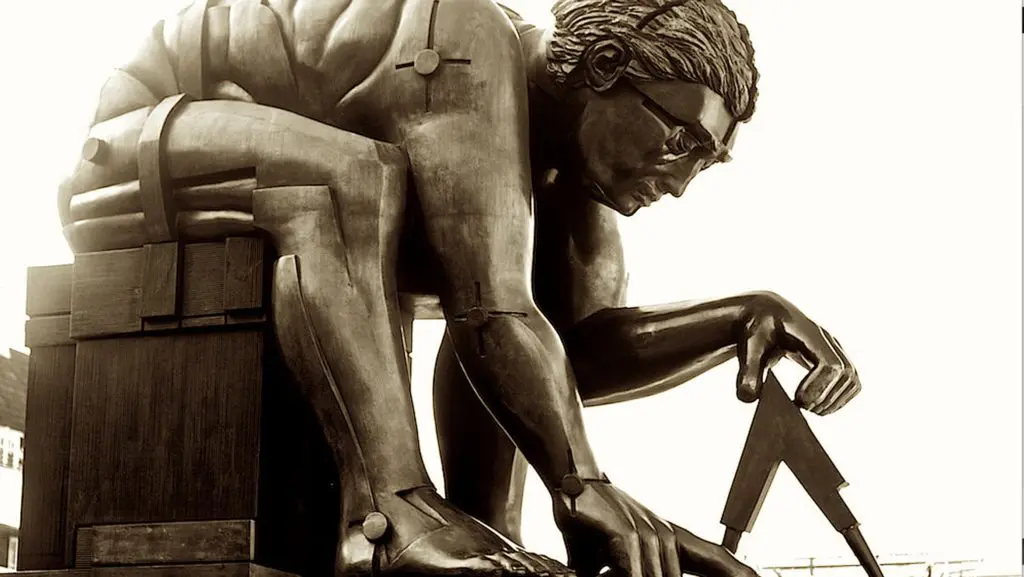
When a culture loses the capacity for faith at all, be it religious or secular, and falls into a pit of relativism, it produces scientists all too willing to yield to the shrill demands of noisy, impassioned political activists.
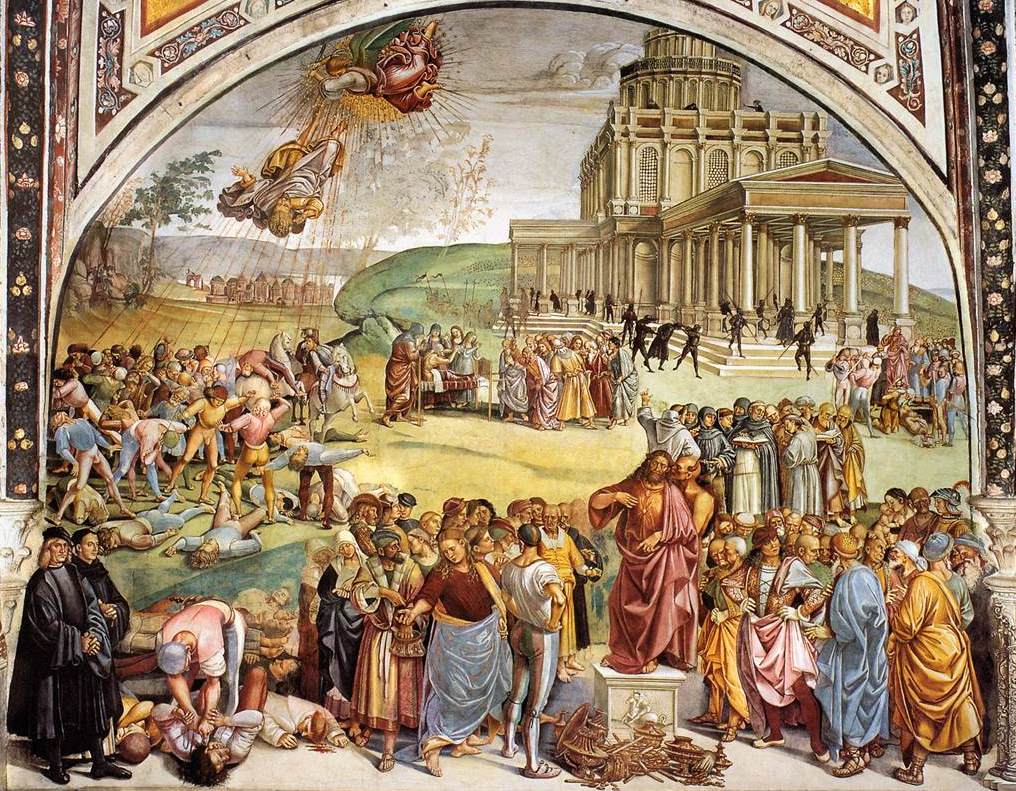
Christians, whatever their religious divisions, should work together to undermine and ultimately destroy the liberal and progressivist supremacy that dominates the West, recognising that it marks a settlement incompatible with even a basic Biblical worldview.
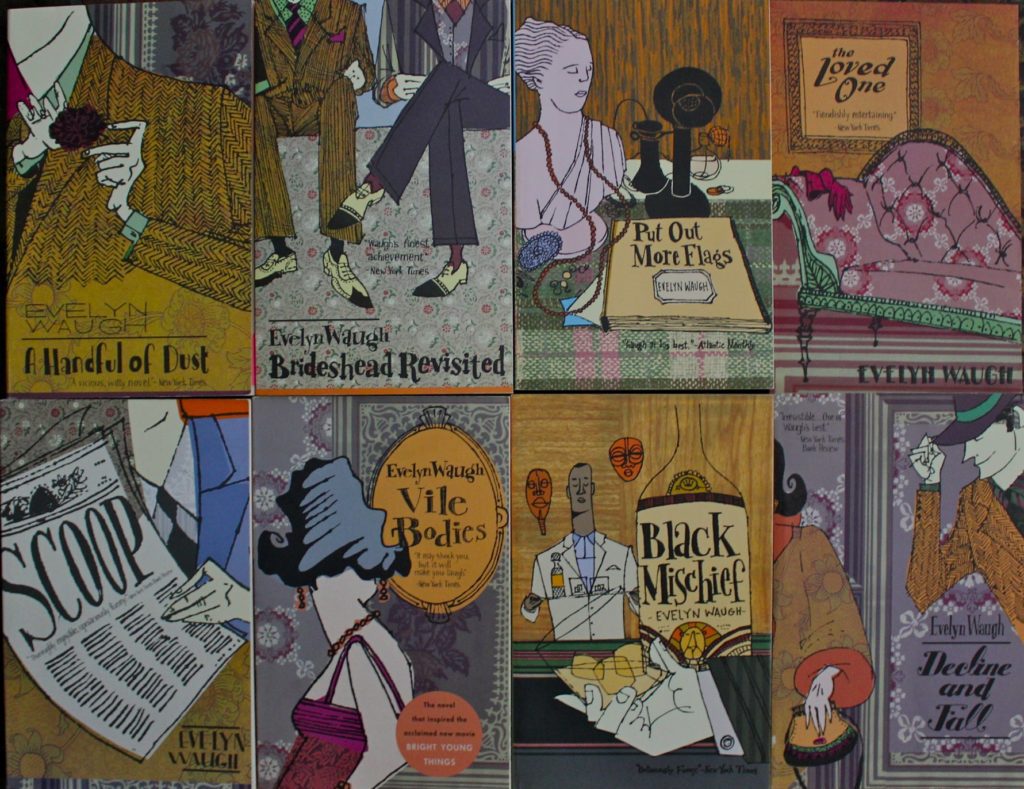
There is far more to Waugh than first meets the eye, and no matter how great the gulf between his era and ours, readers who delve into his work can discover not only a supremely gifted literary craftsman, but an extraordinary soul and intellect as well.

Orbán’s realpolitik has always been rooted in the defence of Hungarian national interests and sovereignty; not to undermine the West but to steer it towards a more responsible and sustainable direction.
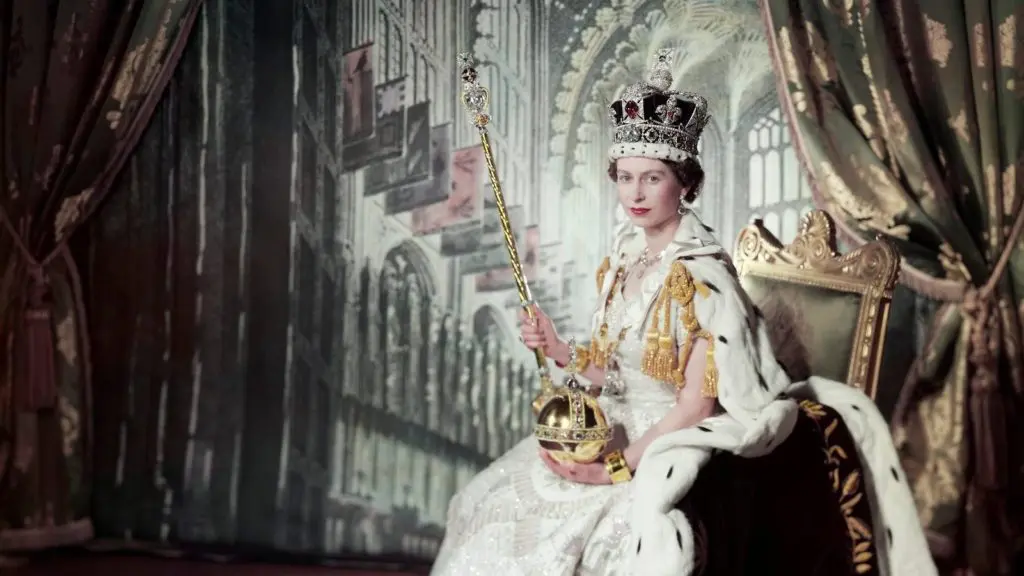
What inspired her vow to uphold the ideal of the knight-like servant-monarch? In part, the answer is: her parents. Happily and faithfully married, the Queen’s parents had a deep Christian faith. This faith bore fruit.

The initial sense of accomplishment gave way to the realisation that it was like completing Guitar Hero on the hardest difficulty—only to consider your time would have been better spent actually learning to play the real instrument.